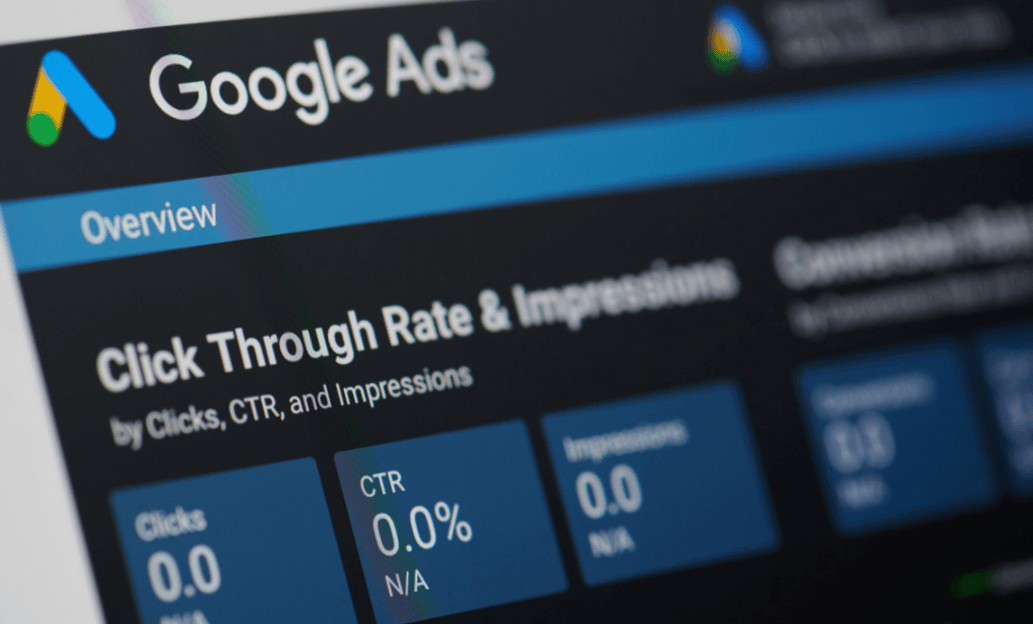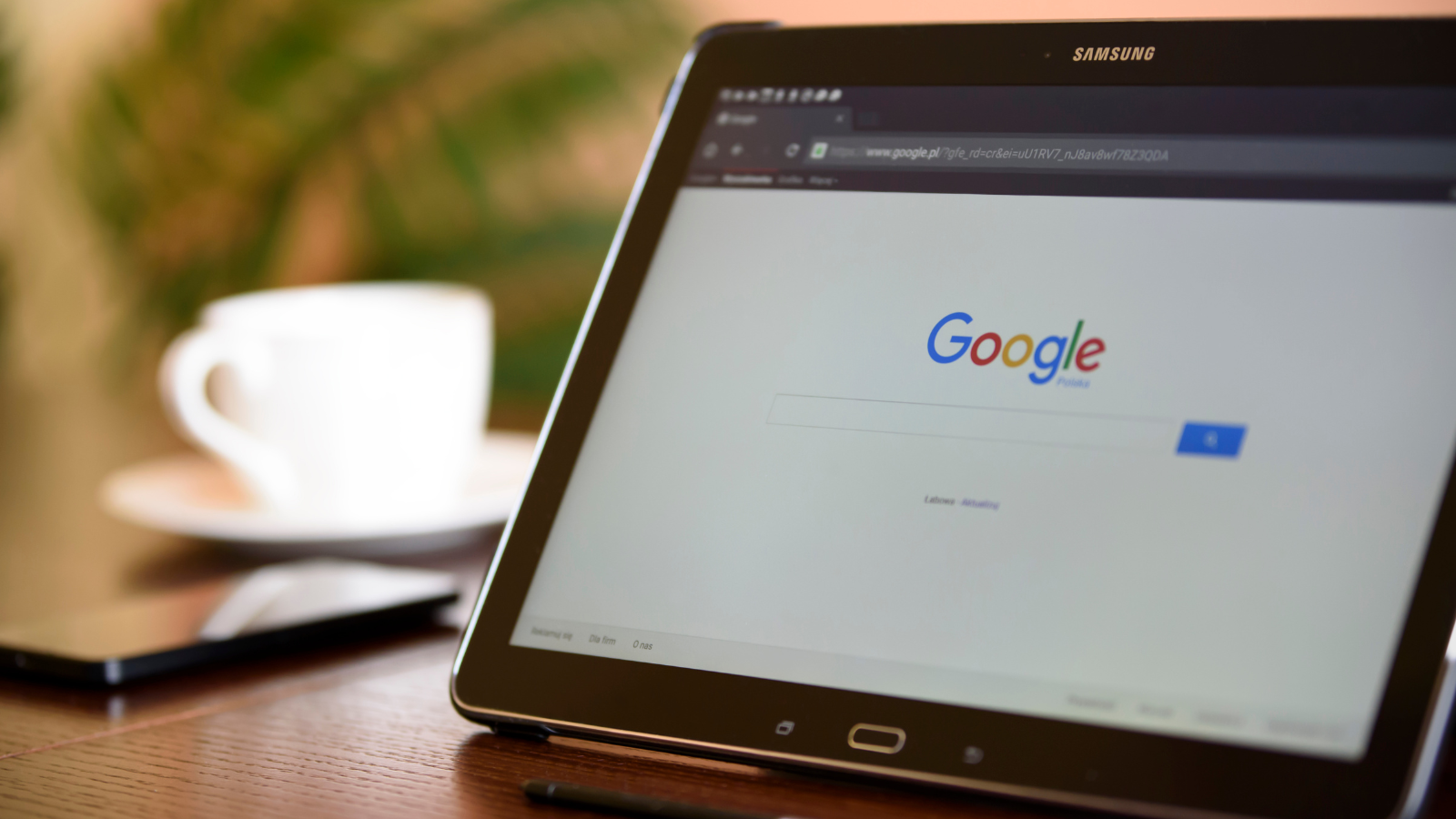Pay-per-click (PPC) marketing has changed a lot since Google first introduced AdWords (now Google Ads) in 2000. Nineteen years later, Google Ads is one of the most used platforms for online advertising.
Google’s reported ad revenue in 2018 was over $116,000,000,000, but they’re not the only ones making money. Many advertisers and business owners have generated a solid amount of revenue for themselves by using Google Ads and consider it a significant part of their advertising efforts.
The original AdWords product has evolved a lot since its original launch, increasing in complexity thanks to the addition of a variety of features, ad types, targeting methods, and more. While it’s an excellent tool for growing your leads, this complexity can confuse people who are new to PPC.
If you’re considering starting a PPC campaign, read on to learn about common mistakes and problems you should avoid.
1. Not Having (Specific) Goals
This might sound silly, but before you start, ask yourself: What is the goal of this PPC campaign?
You might think “more leads” or “more revenue”—which are good goals—but let’s go a step deeper.
Sure, you want more leads, but what kind of leads do you want? Who is your ideal lead? Who is your target market? (For instance, if you run a car repair business, maybe you want oil change leads but not transmission repair leads.)
Also consider what aspect of your business you’re advertising for. Which exact services is your ideal lead looking for? If someone is interested in one of your services, what keywords would they be searching?
You should also take into account how many leads you want. What is an acceptable cost per lead? How much revenue do you make on an average job? How much are you willing to spend while you figure out what works and what doesn’t?
Knowing the answers to these questions will help inform how you run your campaign.
You need to have specific, measurable goals so you can analyze your campaign’s performance and decide when to make tweaks and updates.
2. Not Tracking Goals
Having goals is different from tracking your goals.
You may have decided that you want more leads, but how do you know if you are actually getting them? How many leads are you getting now? What is your close rate?
The only way to accurately analyze your campaign performance is to make sure you can track everything. This means tracking the phone calls that are coming to your store or business and the form submissions that are coming through the website. Don’t forget to track store visits and offline leads as well.
Some people only track impressions and clicks to their site, but without tracking conversions (engagements), you won’t be able to accurately assess or manage your campaign.
You need to know exactly who is contacting your business and where they came from. If you are not doing this, then you won’t be able to declare your campaign a success or failure.
3. Not Knowing Customer Lifetime Value
A lot of business owners don’t know what a lead or a customer is worth to their business. If you are paying $100 for a lead, are you making more than $100 in profit? How much profit will that one lead generate over a lifetime?
We recommend using real numbers here. (If you aren’t able to track everything, use an average value that can still give you an idea of your campaign progress.)
If you don’t know what your customer lifetime value (CLTV) is, then how can you know if you are getting an acceptable return on ad spend (ROAS)?
Follow your PPC lead down the funnel and track whether they ended up purchasing a product; also track the value of that purchase and the profitability.
4. Not Managing (Optimizing) the Campaign
PPC is not a “set-it-and-forget-it” type of advertising.
Unlike static advertising like print ads or billboards, online advertising campaigns need to be looked after, managed, optimized, and tweaked as necessary.
There are always optimizations and changes you can make to improve campaign performance. Reviewing keywords and search terms, testing new ads, and trying out different bid strategies are just a few things that you should be doing regularly.
Make sure you are checking on your campaign’s performance and budgets often and adjusting your campaign based on your results.
5. Trying to Do Too Much
A common problem that new PPC-ers encounter is that they will try to bid on everything, even searches that may not be 100% relevant to their business. After all, you don’t want to spend $500 to sell a $50 service.
If you only want leads for a specific section of your business, then focus your keywords on that section of your business. Don’t feel like you have to go after every single type of keyword that someone would search or every single aspect of your business.
Sometimes in PPC, less is more. It’s better to have a small group of great keywords rather than thousands of keywords where only a handful of them get traffic and/or conversions. You don’t want to be an inch deep and a mile wide.
Your campaign budget will go a lot further if you only focus on keyword terms that have a purchase intent, rather than the terms that focus on researching your product or service.
You can also target people who are researching, but if your budget is limited you should focus on only keywords with a high purchase intent.
6. Having a Bad Website
When you’re running a PPC campaign, you might be highly focused on your keywords and ad copy. But remember that your website is the ultimate place where searchers will end up.
If you have a poor website experience where people don’t convert, then what is the point of paying for traffic to send people there?
Make sure that your website is fast, optimized, looks good, and brings searchers further into the funnel and ultimately converts.
If you have a bad website, it doesn’t matter how “good” your PPC campaign is—your leads won’t go anywhere.
7. Quitting Too Early
A PPC campaign is like getting hot water from a faucet: When you turn on a PPC campaign, it may take a minute to heat up.
PPC requires a lot of trial and error; you need to try different things to see what works. You may have an idea of which keywords will be the top performers, but those could be much different from what you expect.
Trust the process and stick with it! Give your PPC campaign time to gather and collect the data you need to optimize.
If you aren’t seeing the results you want and are feeling ready to quit, give us a call and see if we can help.
8. Making Technical Mistakes
We could go on and on about technical mistakes that first-timers make with their PPC campaigns. (That could be a whole article in itself!)
In our years of managing PPC campaigns, we’ve learned a lot of tips and tricks along the way so that we’re able to squeeze out the most value possible out of our clients’ budget and avoid costly mistakes.
Think about these questions:
- Do you know the difference between broad, phrase, and exact match?
- Do you know what the different ad extensions are and how to use them?
- Do you know what campaign types work best?
- Do you know how to set up conversion tracking, dynamic call tracking numbers, or live chat bots?
- Do you know what keywords to bid on, how much to bid, where to land searchers, and how to re-market to users after they’ve left your site?
- Are you wasting money inside your campaign without even knowing that you’re wasting it?
If you answered no to one or more of the above questions, don’t feel too down on yourself. The many features and nuances of Google Ads are myriad and can be hard to explain and understand.
Even experienced Google Ads experts are still learning and growing as Google is always introducing new ads and formats (like the new Gallery Ads Google introduced in at their May 14 Marketing Live conference).
That leads us to our final—and most common—mistake…
9. Trying to Do It Yourself
Learning Google Ads can be fun—but it’s also costly. Any mistakes you make, you will pay for, literally.
Think about setting up your campaigns, ads, keywords. You work hard and everything looks great. You spend $20 a day, but after a week or two you still haven’t gotten any leads. Then, while searching, you realize your ad is going to a dead page! You were paying for all of these clicks to go to a dead page! Sad, right?
Or, you know you need to update your ads, but you can’t find the time to do so, and next thing you know you’re still running a Black Friday ad at Christmas time. Yikes!
Teaching yourself Google Ads isn’t the best way to go. You’ll see better results talking to a professional who handles these campaigns on a daily basis and has the time to manage the campaigns effectively.
Don’t learn Google Ads the hard way by losing all your money while making simple, fixable mistakes.
Hopefully you’ve learned a few things and will avoid these common PPC mistakes. If you need help with your campaign, or are curious about learning more, give us a call or check out the PPC chapter in our digital marketing guide.
If you’re afraid you’re wasting money or just want a second set of eyes to take a look at your campaign and offer suggestions, we’re always available to lend a helping hand.






